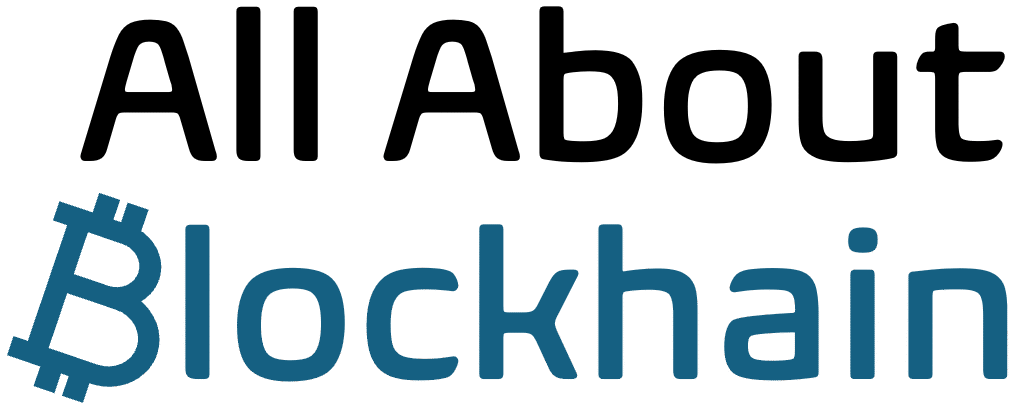Introduction
Oracles serve as critical infrastructure in DeFi by:
- Connecting blockchains to external data
- Enabling price-sensitive smart contracts
- Securing billions in TVL
- Preventing manipulation attacks
This guide explains how oracles work, their importance in DeFi, and the leading solutions powering the ecosystem.
1. What Are Blockchain Oracles?
Core Definition
Oracles are services that:
- Fetch external data (prices, weather, scores)
- Verify and format the information
- Deliver it to smart contracts
- Maintain decentralization and security
Why DeFi Needs Oracles
- Smart contracts can’t access off-chain data natively
- Most financial applications require real-world inputs
- Without oracles, DeFi would be isolated
Oracle Comparison: Traditional vs. DeFi
| Feature | Web API | Blockchain Oracle |
|---|---|---|
| Data Flow | One-way | Two-way |
| Trust Model | Centralized | Decentralized |
| Security | Single point | Cryptographic |
| Cost | Free/paid | Gas fees |
2. How DeFi Oracles Work
Data Flow Process
- Request: Smart contract needs data
- Fetch: Oracle network retrieves information
- Aggregate: Multiple sources combined
- Deliver: On-chain verification and posting
- Pay: Node operators compensated
Key Components
- Node Operators: Data providers
- Reputation System: Quality control
- Aggregation: Tamper-proof averaging
- Cryptographic Proofs: Data verification
Visualization: Oracle Architecture
text
[Data Sources] → [Oracle Nodes] → [Consensus] → [On-chain Contract] → [DeFi Protocol]
3. Major Oracle Types in DeFi
Price Feed Oracles
- Purpose: Asset pricing
- Examples: Chainlink, Band
- Use Case: Lending liquidations
Event Outcome Oracles
- Purpose: Verify real-world events
- Examples: Augur, UMA
- Use Case: Prediction markets
Cross-Chain Oracles
- Purpose: Bridge information
- Examples: Chainlink CCIP
- Use Case: Multi-chain DeFi
Custom Computation Oracles
- Purpose: Advanced calculations
- Examples: API3, DIA
- Use Case: Complex derivatives
4. Leading Oracle Solutions
Chainlink
- Market Share: ~50% of DeFi
- Key Feature: Decentralized node network
- Data Types: 1,000+ price feeds
- Security: Cryptographic proofs
Other Major Providers
| Oracle | Differentiation | Unique Feature |
|---|---|---|
| Band | Cosmos-native | Community-curated |
| UMA | Optimistic | Dispute resolution |
| API3 | First-party | DAO-managed |
| Pyth | Institutional | Low latency |
5. Oracle Security Mechanisms
Decentralization
- Multiple independent nodes
- Diverse data sources
- Geographic distribution
Cryptographic Proofs
- TLSNotary proofs
- Signature verification
- On-chain validation
Economic Security
- Node staking
- Slashing conditions
- Reputation systems
Failure Protections
- Heartbeat monitoring
- Deviation thresholds
- Fallback oracles
6. Oracle Use Cases in DeFi
Lending Protocols
- Determine collateral values
- Trigger liquidations
- Calculate interest rates
Derivatives Platforms
- Settle contract payouts
- Mark positions to market
- Determine funding rates
Stablecoins
- Maintain peg stability
- Adjust monetary policy
- Execute rebalancing
Yield Optimization
- Strategy rebalancing
- Harvest timing
- Risk assessment
7. Risks and Challenges
Oracle Failure Modes
- Data feed delays
- Flash crash anomalies
- Node outages
- Sybil attacks
Notable Exploits
- 2020 bZx Attack: $1M lost
- 2021 Value DeFi: $6M loss
- 2022 Mango Markets: $100M+
Mitigation Strategies
- Multi-oracle setups
- Time-weighted averages
- Circuit breakers
- Insurance coverage
8. The Future of DeFi Oracles
Emerging Innovations
- Zero-knowledge oracles
- AI-assisted verification
- Institutional data feeds
- On-demand micropayments
Potential Developments
- Improved latency
- Lower costs
- Expanded data types
- Better dispute resolution
Conclusion
Oracles represent:
- Critical infrastructure for DeFi
- Security gatekeepers against manipulation
- Innovation enablers for complex products
- Growth accelerators for blockchain adoption
As DeFi matures, oracle technology continues evolving to support more sophisticated financial applications securely.
Building with oracles? Start with established price feeds before experimenting with custom solutions.
FAQ
Q: Why not just use a simple API call?
A: APIs are centralized points of failure – oracles provide decentralized, tamper-proof data.
Q: How often do oracle prices update?
A: Varies by provider – from seconds to hours depending on asset volatility.
Q: Can I run my own oracle node?
A: Yes – most networks allow participation with sufficient stake and hardware.
Q: Are oracles expensive to use?
A: Costs vary but are typically fractions of a cent per data point paid in gas.
